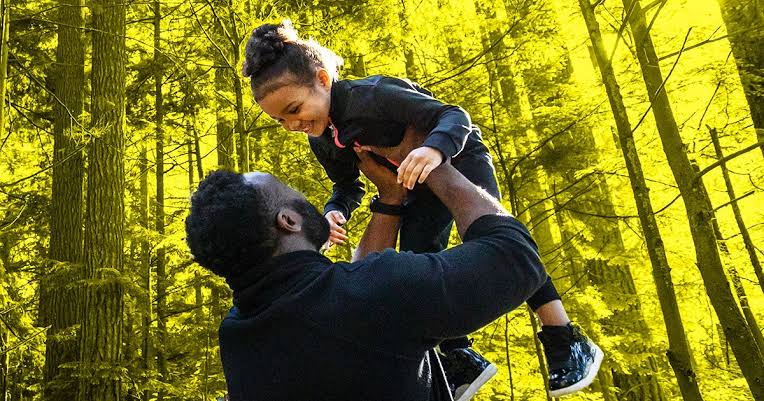They shape our worldview in ways that we don’t even realize. Our consciousness is made up of blocks of memories that are connected together like Legos. It can’t be! How can we greet someone, or kiss someone new, without recalling past greetings and kisses. Your expectations, fears, and hopes are all shaped by what you have experienced in the past. Indeed, what happens after you erase memories of a past relationship gone wrong is the intriguing premise of the classic movie Eternal Sunshine Of The Spotless Mind explained by This Is Barry. People often assume memory means remembering what you ate for breakfast, the home run you made at school or when you first kissed someone. It is true that memory is based on past memories, but it can be so much more. If everything is based upon past memories, then how can we ever experience anything new?
Different types of memory
Imagine riding a bike. Even if you haven’t been on a bicycle in 10 years, it will come to you naturally. Your body simply remembers. Procedural memories are the complicated way your brain and body remember how to do something. This is different from declarative memory which is the conscious recalling of things like your last meal or when you rode a bicycle. However, procedural memory goes beyond just the ability to balance a bike. It also includes the joy of riding. Part of that joy comes from the combination of the perseverance and freedom you felt when learning how to ride and the warm reaction of your parents when you fell and scraped your knee. What if you don’t like riding bikes? It could be due to your past experiences. Imagine if your peers ridiculed you for falling so often. Maybe that shame resonates in you with the feelings you still struggle with.
Different types of experience
There are two types of memory. We also have two ways we experience certain situations in life. First, there’s our conscious experience. This is the logical and obvious. There is another level to experience, the feeling it gives you. These two levels of experience are called content (the logical stuff), and process (the feeling it gives off; there is a lot of unconsciousness). Content is the things you say to one another. I might say “Let’s go.” You might reply, “Great, let’s go!” Process is how it feels to be there together. This is where memories are embodied. Unconsciously, I find myself drawn to the depth of your eyes while we talk. Without realizing it, I am drawn to the depth of your eyes every time we talk. This is also a way to preserve memories. I can recall the first time I fell in love, regardless of whether it’s something I am aware of. All of this is expressed in the process, in my voice and body language. Communication is largely non-verbal.
There are also negative aspects to process. Why can’t you leave someone who is treating me poorly? Maybe I think it would be logistically impossible; that’s what content is. The feelings are what matters. Perhaps I feel I am entitled to the treatment I get or maybe I believe I will never be treated better by anyone. I may decide that I should stay. Although it may not make sense, process is often more powerful than content. It’s about emotions.
The Past can be used to improve the present
Every thing we’ve learned about how to interact with others, read and resolve conflicts makes us who are we. The memory is a record of our learning experiences and the people who taught us. Our lives are infused with these memories, just like the fish that doesn’t notice the water. The same goes for relationships. Every kiss contains the excitement of your first love and your first kiss. It’s there if you don’t see it. Look for it and let it in. All your past experiences with being loved include the present day. The unconscious is eternal. It gives meaning to every moment. Pay attention to what you recall. What makes a friendship special? For instance, how do you enjoy time with a friend? Are there certain ways they make it feel good? Are you feeling relaxed? Do you feel excited? Appreciated? This applies to your career, your profession, and the next “first” kiss you share with someone new. Pay attention to the messages your body sends. You will feel more empowered to create your own life.

